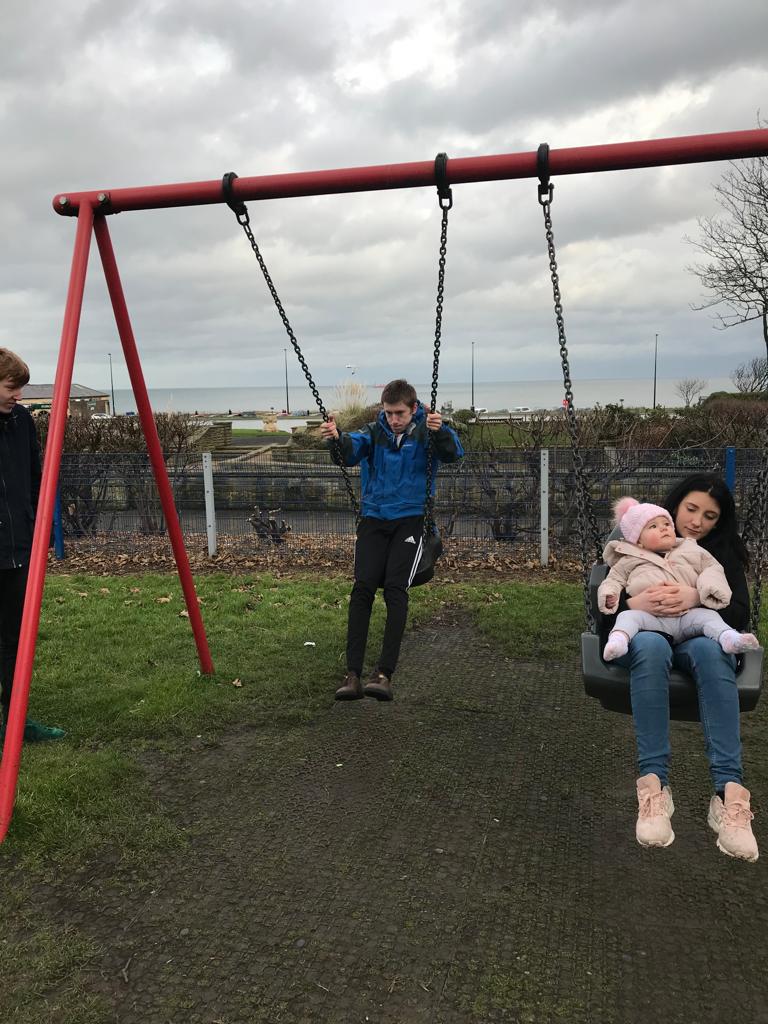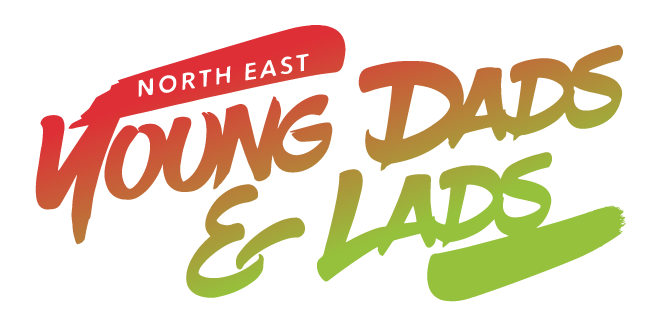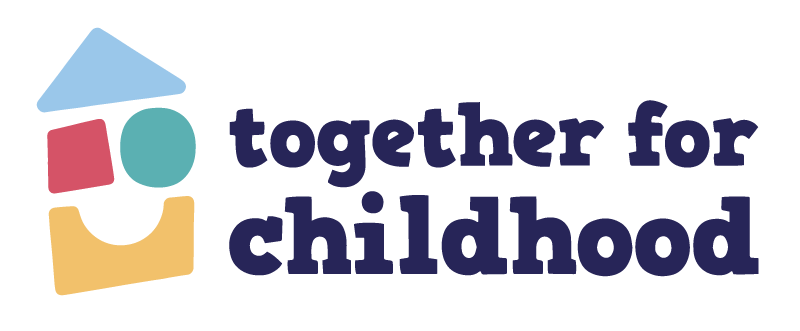Meet our dads!
The Following Young Fathers Further study has been researching with 44 young fathers since January 2020. We believe young dads are the 'experts by experience' and that their voices and lived realities are essential to shaping better practice and policy. That's why speaking to young dads and hearing from them over an extended period has been so powerful.
All of the young fathers involved in the study were aged 15-25 when they first became fathers. Most live across different areas of the UK, but we've also interviewed 10 fathers in Sweden.
Remarkably, 11 of the UK dads have been involved in the research for over 10 years because they were also interviewed for our previous study Following Young Fathers! This long-term commitment has given us invaluable insights into how fatherhood evolves across time.

Each father has been interviewed multiple times, allowing us to understand how their parenting experiences change and develop.
We've conducted three core waves of interviews exploring:
- The impacts of the COVID-19 pandemic
- Ideas about gender and fatherhood
- Housing, parental leave and the cost-of-living crisis
We've also worked with a smaller group exploring mental health, using creative methods like photovoice and zine making, to capture experiences in different ways.
Supporting Young Fathers
You might have spotted our community stamp dotted around the website. This stamp has been created to represent our diverse and vibrant community of young fathers, professionals, researchers, and advocates. We share a vision of creating a more supportive environment for young fathers and their families.Watch the journeys of a select sample of young fathers who have long participated in the study
This video series brings to life the voices and experiences of young fathers, including quotes from their interviews conducted as part of our research study. Created by SoJo Animation, these films creatively present the joys and challenges of young fatherhood through the words of young dads themselves, tracing their journeys over time as their lives, relationships, and circumstances evolved.
Each video explores key themes from the study, including young fathers' experiences of education and employment, their relationships with children and co-parents, their support needs, and their engagements with services. By following young fathers longitudinally, we capture not just snapshots but evolving narratives showing how their experiences of parenting, support, and identity developed across different life stages and transitions.
As part of our commitment to public sociology, we present these narratives to challenge common stereotypes about young fatherhood and highlight the importance of relational, peer-led support that recognises young fathers' strengths, acknowledges their circumstances, and creates pathways toward greater confidence, wellbeing, and social participation.
Adam
Adam (not his real name!) has been part of our study since the very beginning and we've interviewed him 8 times over the past decade! Following his story over such a long period means we have seen both the ups and downs of his parenting journey: the happy moments and the tough times, his questions about what it means to be a good father and a man, his overwhelm around managing the different services and systems involved to support him and his family(sometimes that helped and sometimes that lead to fear).
Liam
Liam is a father of four who we interviewed three times for the study. He talks about growing up with neglect and abuse, and his own difficult journey trying to gain legal parental responsibility for his daughter. Liam's story shows just how far young fathers will go to stay involved in their children's lives, even if that means taking things to court, and why the right kind of support matters so much.
Jayden
Jayden became a dad at 18. His story offers insights into the challenges young fathers face when they're trying to build independent lives as parents. Jayden's experience reveals how hard it can be to find a stable home, secure reliable work, and work out childcare arrangements with your child's other parent. Despite all these obstacles, young fathers like Jayden are determined to support other young dads and help them have a better experience.
Raj
Raj is a father to children with different partners, who struggles to stay in regular contact with his kids and be an involved dad even though he wants to. He shares the difficulties when professionals get involved, but also how important the right support can be in helping him maintain contact. Raj's story highlights something we found throughout the study: that a dad's involvement often depends on having a good relationship with their child's mum and both parents being able to work out positive co-parenting arrangements over time.





